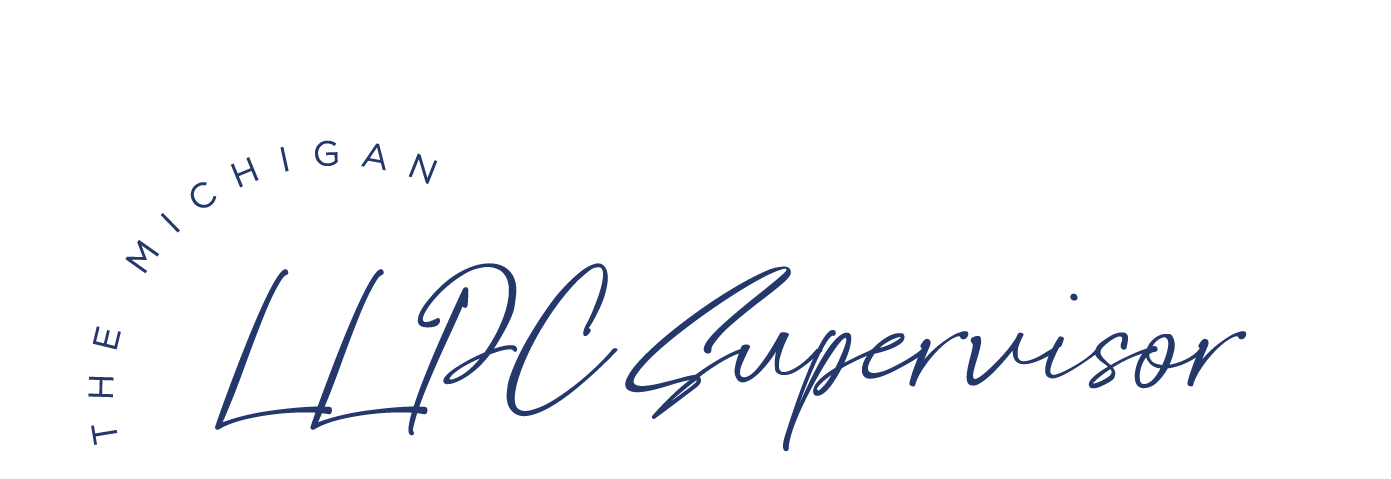Navigating Counselor Licensing in Michigan: Your Comprehensive Guide
Becoming a licensed counselor is a significant milestone in one's career, but the path to licensure can sometimes feel daunting. Fortunately, the Michigan Department of Licensing and Regulatory Affairs (LARA) has created a comprehensive resource to guide aspiring counselors through the licensing process. In this blog post, we'll explore the essential information outlined in LARA's "Counselor Licensing Guide."
Key Points from the Document:
Licensing Requirements: The guide likely outlines the educational, experience, and examination requirements for counselor licensure in Michigan. This may include completing a graduate degree in counseling, accumulating supervised experience hours, and passing the necessary exams.
Application Process: It's essential for aspiring counselors to understand the steps involved in the licensure application process. This may include submitting transcripts, completing background checks, and providing proof of supervised experience.
Examination Information: LARA's guide may provide details about the examinations required for counselor licensure, such as the National Counselor Examination (NCE) or the National Clinical Mental Health Counseling Examination (NCMHCE). It may also offer guidance on exam registration and preparation resources.
Supervision Requirements: Aspiring counselors may need to complete a certain number of supervised hours under the guidance of a licensed counselor. The guide may outline the specific supervision requirements and provide resources for finding qualified supervisors.
Tips for Success:
Start Early: Begin familiarizing yourself with the licensing requirements and application process well in advance of your anticipated graduation date. This allows ample time to gather necessary documents and meet deadlines.
Seek Guidance: Don't hesitate to reach out to LARA or counseling organizations for clarification on any aspect of the licensing process. Guidance counselors, professors, and practicing counselors can also offer valuable insights and advice.
Stay Organized: Keep all licensure-related documents, including transcripts, supervision logs, and exam information, in a secure and easily accessible location. Organization is key to ensuring a smooth and efficient application process.
Obtaining counselor licensure in Michigan requires careful planning, dedication, and adherence to regulatory guidelines. By utilizing resources like LARA's "Counselor Licensing Guide" and following the tips outlined in this blog post, aspiring counselors can navigate the licensing process with confidence and embark on a rewarding career in counseling.
For detailed information and specific guidance on counselor licensing in Michigan, refer to the official "Counselor Licensing Guide" provided by LARA here.

